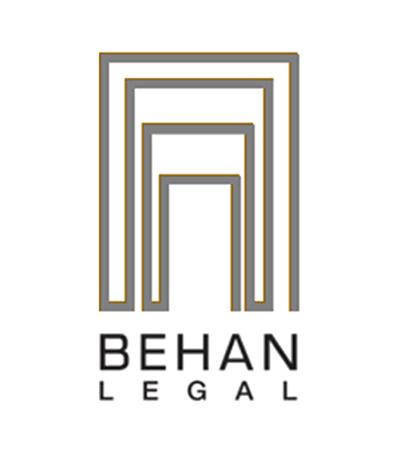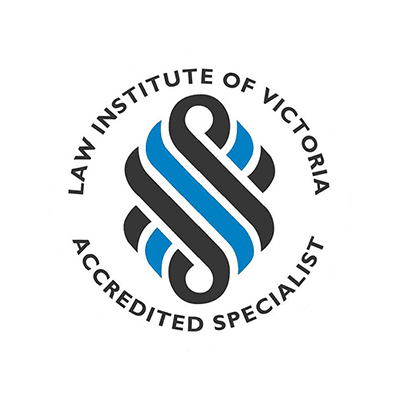Buy-Sell Agreements
Many business operators who carry on business with others may not necessarily appreciate the legal and emotional difficulties that will arise when partnerships end or cannot continue because of disability. Partnership agreements can contain terms dealing with separation, death, or disability; however, in most cases no agreement exists to buy-out or sell-out to the remaining partners in the event of death or disability.
Partnership agreements are not comprehensive enough to cover all the needs and requirements of a partnership whether it is individuals, companies, trusts, or unit trusts.
Some business operators rely on buy-sell agreements to ensure they can effectively transfer ownership of the business in the event of death or disability and these agreements have insurances in place like life, trauma, and total and permanent disability. If a partner dies or suffers, a trauma or disability the buy-sell agreement provides for the business to pass to the remaining partner on pre-arranged terms. Buy-sell agreements provide certainty over how to deal with the business assets, by specifying who will acquire the interest and the price formula for that transaction.
An effective buy-sell agreement will deliver the most tax effective payment to the appropriate person when it becomes necessary. However, the tax effectiveness of the outcome can depend heavily on the ownership structure for the insurance. Partners should consider a range of ownership options, including:
- Self-ownership;
- Joint ownership;
- Entity-business ownership; or
- Insurance trust
SELF-OWNERSHIP
Where the insured owns the policy, the estate receives the policy proceeds in exchange for the share of the business with the proceeds being generally tax-free.
Problems can arise if the agreement does not the transfer the business. The estate could end up with both the insurance proceeds and the business interest possibly triggering Capital Gains Taxation.
JOINT OWNERSHIP
Joint ownership exists where, all business owners are joint and several owners of the insurance policy, however, this may trigger Capital Gains Taxation event.
BUSINESS OWNERSHIP
A business can own the insurance policy to buy-back the partner’s interest. However, this is an unfavourable ownership option because of Capital Gains Taxation.
TRUST OWNERSHIP
Trust ownership of insurance policies is an alternative method of funding buy-sell agreements. Insurance trusts have taxation benefits and flexibility. Under this arrangement, a trust becomes the owner of the insurance policy. If a death, trauma or disability event occurs the insurer pays the proceeds to the trust (as owner), with the trustees able to transfer the business share and distribute the funds when necessary.
The trust can vary the cover when it becomes necessary, or take new insurance if new owners join the business.
These insurance trusts provide opportunities to streamline other insurances by reducing the number of policies required. The policies owned by the trust can serve both business succession and personal estate planning purposes, which could reduce the need for separate policies to address personal and business issues. Another potential benefit of trust ownership is the flexibility in adjusting arrangements as circumstances change.
In other forms of ownership, changing ownership arrangements can trigger Capital Gains Taxation. One can avoid these triggers by using a trust, as it remains the constant owner of the policies (even though the terms of the trust distributions may be changed).
Checklist
Check the following:
- Is your business valuation formula still applicable?
- Is there an obligation to buy and sell for exiting partners?
- Who owns any existing insurances and do the owners have the insurances correctly in place?
Behan Legal can evaluate existing agreements to ensure you have adequate protection from any potential litigation, taxation, and legal costs by implementing a buy-sell agreement. The buy-sell agreement should cover these obligations:
- An obligation for surviving partners to purchase an outgoing partner’s interest in the business for a predetermined agreed value;
- An obligation for the exiting partner or his beneficiaries to sell the interest in the business for a predetermined agreed value;
- An obligation to review the buy-sell agreement and business value regularly;
- An obligation to release any security offered by the exiting partner or their beneficiaries;
- Incorporation of an agreed dollar value, or formula and when necessary an ability to amend figures
- To keep insurance coverage paid if insurance is utilised to fund the agreement;
- An obligation and formula for a terms payment arrangement if one utilises that funding medium, including an agreed interest rate to be paid;
- Set period for a partner to exit if they suffer from continuing ill health and cannot perform all or most of their essential duties
- A funding agreement that incorporates insurance, terms payment and sinking fund options and
- Re-allocation of shares, units, or percentages of interest; where a partner has exited the business.
NEED MORE INFORMATION
Behan Legal assists and advises on these important issues only in conference. For an appointment, call 03 9646 0344.


